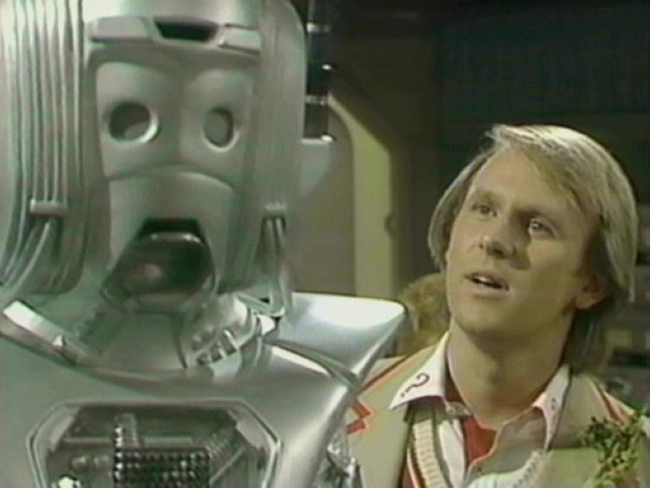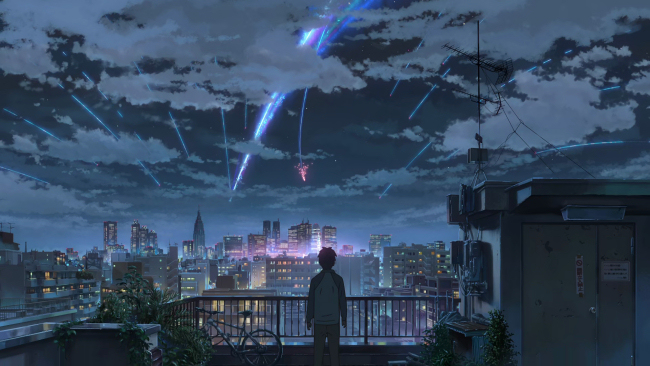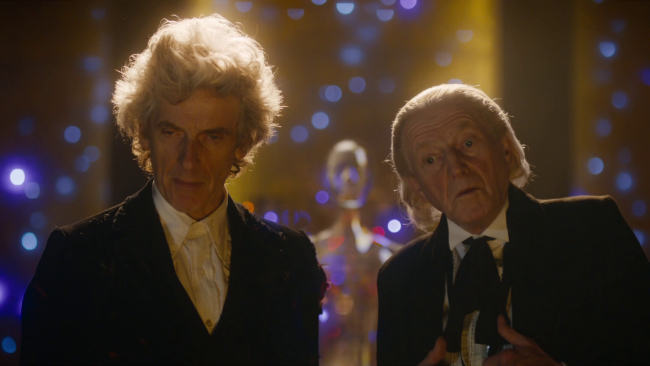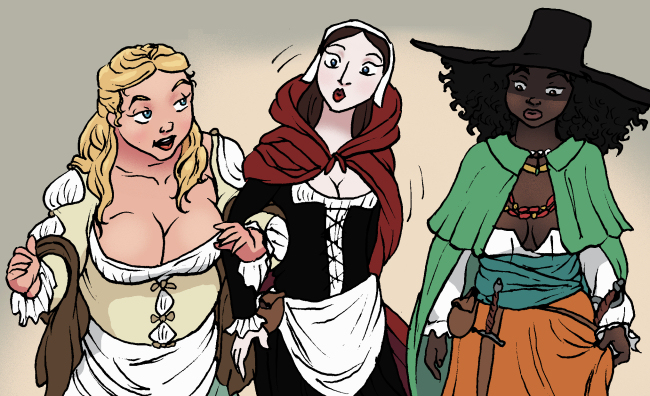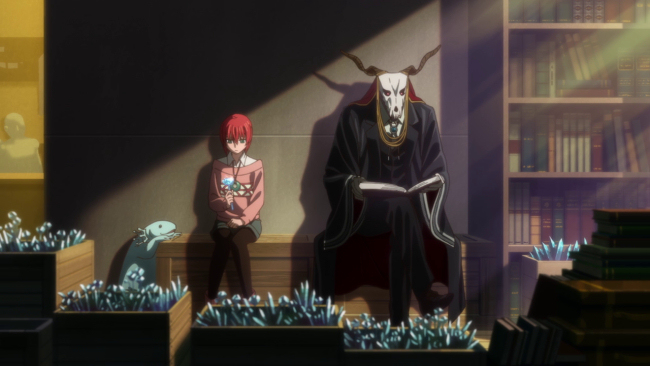
Reinterpreting classic monster stories as sympathetic portrayals of misfits is nothing new but Guillermo del Toro reaches new heights with 2017's The Shape of Water. An unabashed ode to Creature from the Black Lagoon and, to a lesser extent, King Kong, The Shape of Water teases out the hints of erotic and romantic subtext in those films into a lovely, full blown fantasy romance film.

Arguably Del Toro's most political film, even more than The Devil's Backbone or Pan's Labyrinth, the action is set in 1962, rather than Black Lagoon's 1954. The civil rights movement, the Red Scare, and the Cold War are all integral aspects of the film's backdrop and occasionally its plot. The film's two central protagonists are a mute--but not deaf--woman named Elisa (Sally Hawkins) and a gay man named Giles (Richard Jenkins). Their thematic connexion to the "Amphibian Man" (Doug Jones), trapped in a lab by the white, Christian, heterosexual men of the U.S. government is not ambiguous. Giles agrees to help Elisa rescue the creature after he's cruelly rejected, in an effectively brutal scene, by a man in a cafe. He understands then why Elisa might feel some camaraderie with the beast.

Thankfully, the movie doesn't simply render the monster a thoroughly safe and passive version of the Gill Man from Creature of the Black Lagoon. One scene that will be especially unpleasant to cat lovers shows the Amphibian Man is, like the Gill Man, a wild animal capable of killing with little discrimination. I also liked that Giles was surprisingly understanding about it. Jenkins is very good in the film as the often put upon and mildly exasperated voice of reason.

Creature from the Black Lagoon is already a film that puts much more blame on human arrogance than on any ideas the monster might have. The true villain of the 1954 film is arguably the one scientist who wants to kill or capture the creature for his own glory. The other humans are pretty vocal about not wanting to kill it and wanting to allow it to remain in its natural habitat. I watched Creature from the Black Lagoon again last night and I was surprised how many little things Del Toro references in Shape of Water. Even the odd idea that study of the Gill Man can somehow be utilised for space travel. Like the male protagonist of Black Lagoon, a Russian spy working under the name of Hoffstetler (Michael Stuhlbarg) in Shape of Water voices the assertion that it would be more valuable to study the creature alive than dead. His adversary is Colonel Strickland played by Stuhlbarg's Boardwalk Empire co-star Michael Shannon.

Shannon's great talent for playing violent men is further emphasised by two severed figures that were reattached early in the film. They become more and more discoloured over the course of the film and work nicely both to add to tension and to add the sense that the colonel himself is becoming monstrous.

Doug Jones is fantastic as usual as the Amphibian Man and his make-up and costume pay homage to the great Gill Man costume with the addition of more expressive eyes. But it's Sally Hawkins as Elisa at the heart of the film.

Quite fearless in scenes depicting her masturbating in the bath, Hawkins helps the film express fully the erotic undertones of Black Lagoon by providing more intimacy with the female protagonist's internal motives and needs. Her vulnerability and determination in her identification with the monster are also beautifully expressed resulting in a surprising, and surprisingly effective, musical number.

Octavia Spencer plays a kind of a stock character as Elisa's friend and coworker. Spencer's comedic timing is nice enough but Colonel Stickland's casual racism talking to her doesn't quite make up for her unimaginative character. Her and Elisa being the cleaning women adds kind of a nice remark on classism, though.
It almost goes without saying, but really, it's worth repeating--the film is visually stunning.


